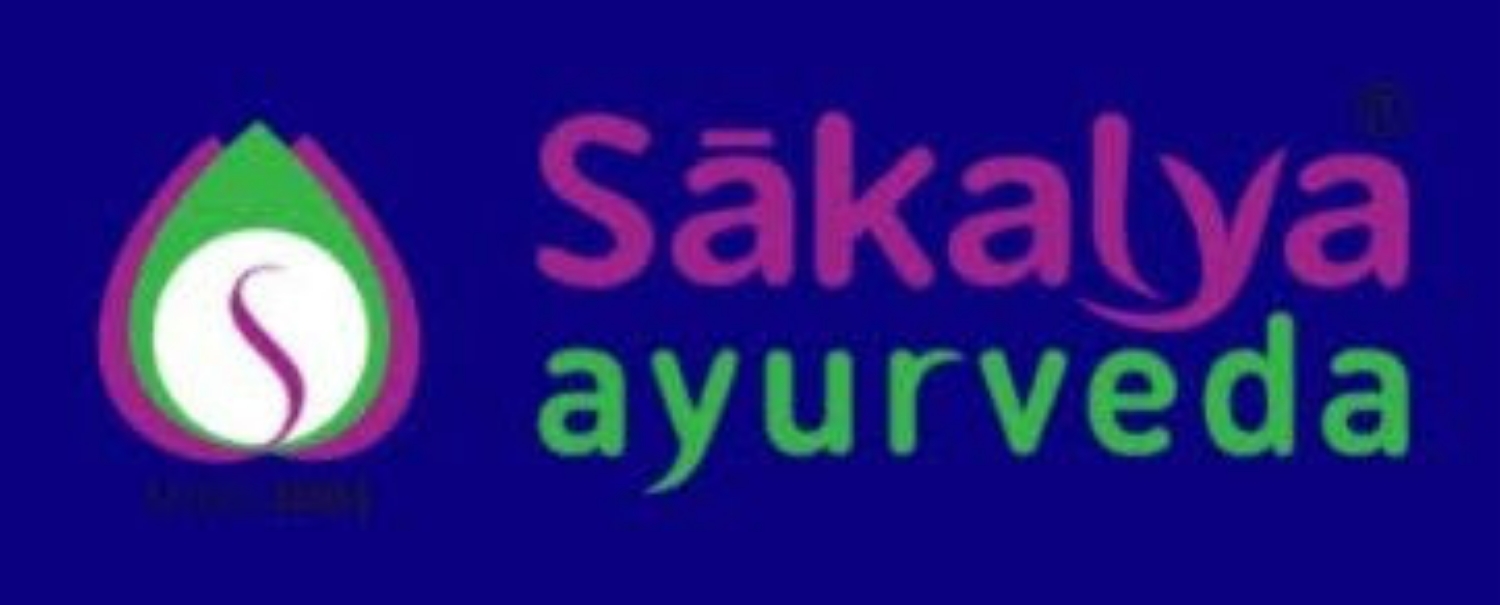Healthy Ramadan Fasting-Ayurveda Way
- Admin@ Sakalya

- May 7, 2021
- 3 min read
Ramadan is the holy month of fasting for the billions of Muslims living in all continents across the globe. The fasting month has its own health benefits, if followed healthily abstaining from excess food, luxuries and practising mental disciplining. Prophet Mohammed set the fasting with the best intentions of cleansing the community physically, mentally and socially.
The strict regimen of eating before sunrise and after sunset comes with a high risk of dehydration, starvation and related health issues coupled by sleep deprivation and headache as one is expected to wake up for Suhoor very early, which is not practised regularly.
Ayurveda advocates waking up at Brahma Muhurtham which is Suhoor time. Hence if one practises Ayurveda Dinacharya regularly, the sleep deprivation problem will not be there. Healthy fasting with right food, drink and disciplined daily prayer routine helps in making Ramadan a month of healthy retreat. group.
Here are some tips on healthy fasting from Sakalya Ayurveda:
• Healthy Suhoor Meal: Since it is the brunch meal it is very important and worth sacrificing the sleep to have it. Warm sweet porridges, warm drinks, wheat breads, only one variety of meat (if required) and lots of steamed vegetables is the best Suhoor Meal spread. Avoid fried and gassy food.
• Healthy Iftar Meal: Always break the fast with a tender coconut or pureed dates garnished with pepper. This helps to calm the system and rehydrate you. After half an hour have a porridge prepared by cooking nocake or oats or broken wheat or semolina in milk and water. This should be spiced with ghee shallow fried shallots, salt and sugar. Wait for at least two hours to have your main meal after breaking fasting. The main meal of Iftar should be a balanced, nutritious, light and healthy. Overeating should be avoided to keep yourself physically healthy, mentally calm, spiritually oriented and socially disciplined. Excessive consumption of deep fried junk fatty food is never healthy as you may suffer from indigestion and will surely put on excess weight. Quantity of salt, sugar and spice should also be limited to taste and not for indulgence.
• Be Hydrated: Drink warm water as advised in Ayurveda and medicated with herbs according to the prevalent season. Plain water at room temperature (280C) is an alternative. Keep sipping 30 ml of water every 15 minutes when you are awake between Iftar and Suhoor to reduce the risk of dehydration.
• Common factors in both meals: In both meals food should include one cereal, one lentil, one dairy, one low calorie dessert, fruits and cooked vegetables. Ayurveda advises to start the meal with a sweet dish seasoned with a little cow milk ghee or a fruit and proceed on to cereal with sour-salty-spicy main course (vegetables or one variety of meat).
Avoid dairy if the meal includes fish. The meal should be wound up with a serving of cooked assorted vegetables and drinks with bitter-astringent taste. Fibre rich food is always good during Suhoor as they are slowly digested and help you sustain hunger the whole day.
A wholesome meal with fruits and vegetables makes you satiated and prevents constipation apart from nourishing the body with essential vitamins, minerals and other phytochemicals. The cereal choice should be high-fibre carbohydrates like brown rice and whole wheat which are sustainable. Meat is better white meat which is light. De-skinned lean poultry, low fat fish and eggs are fine. Low-fat dairy products can be used as an alternative protein source. Cooked lentils spiced with ginger, garlic and jeera are also good protein reserves.
• Importance of Dates: It is customary to break the fast with the sharing of dates. They are also distributed as starters for Iftar Dates are rich treasures of natural sugar and they propel instant energy. Being rich in potassium they help in the proper neuro-muscular functioning. Hence they have a vital role to play during Ramadan eating and can be assimilated in diet in various forms judiciously.
For more information please feel free to mail to sakalyahospital@gmail.com or sams.sakalya@gmail.com
TEAM SAKALYA WISHES ALL OUR WELL WISHERS A HEALTHY RAMADAN





Comments